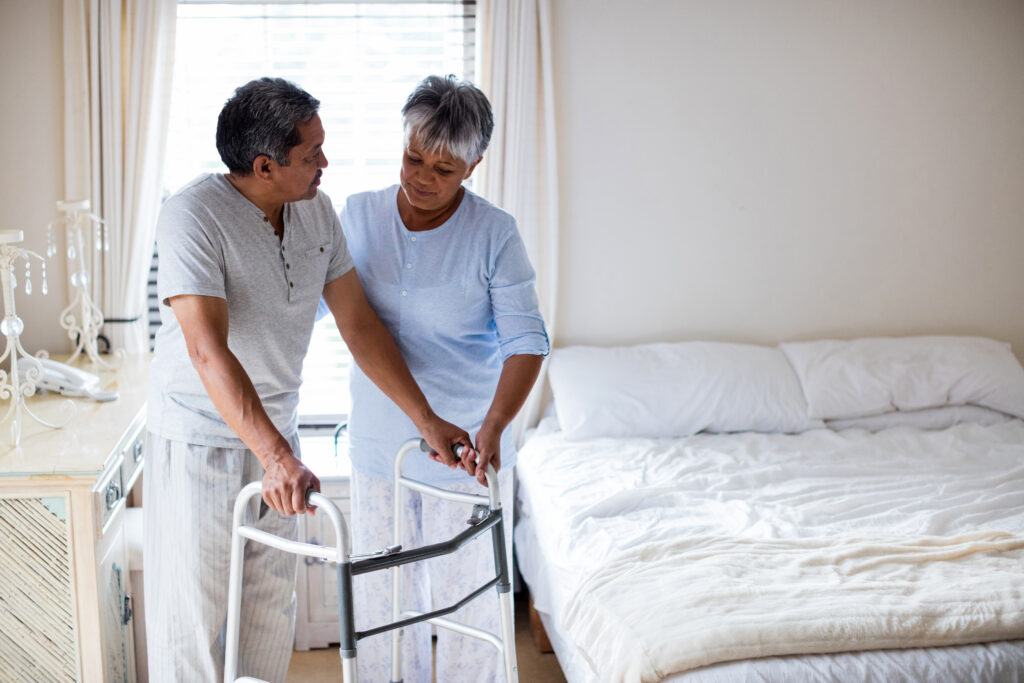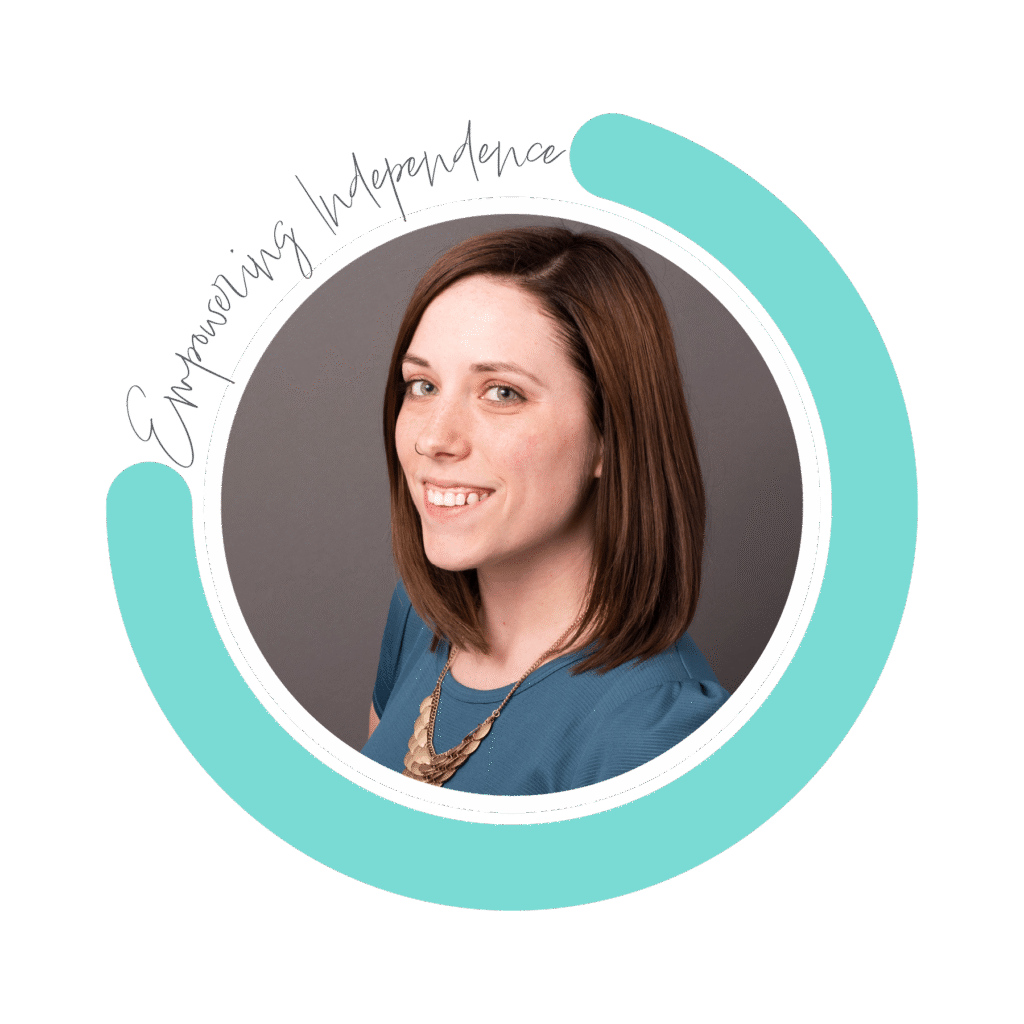It is hard to find the right people to provide care for your loved one. You need someone who you can trust and who understands their specific needs. Sometimes, the best caregiver for your family member is… you! In many cases, family members can be paid by the state to care for their loved one through self-direction.
In this blog, we’ll go over some of the avenues you could take to become a paid family caregiver through self-directed programs.

What is Self-Direction?
Self-direction means the participant decides who supports their long-term care and how those services are delivered. Self-direction has many names, and these names often vary by state. These names can include consumer-direction and self-determination.
With traditional services, the person receiving services doesn’t have much power over their services. They can’t recruit or train their staff, specify their salary and benefits, or set the work schedule. This is because of Medicaid and government regulations. All of these tasks are controlled by the agency and/or case manager.
With self-direction, the participant and/or their legal representative have more power and control. They handle the tasks that would be controlled by a case manager in a traditional service model (while staying within the Medicaid waiver guidelines/or their ongoing Medicaid budget.)

Family Caregiving for State-Specific Medicaid Programs
To access the state-specific support services listed in this section, your loved one must be enrolled in Medicaid. However, the program names, types, and enrollment process will differ from state to state. For more information, contact the Medicaid office in your state.
Home- and Community-Based Services (HCBS)
Home- and Community-Based Services (HCBS), also known as 1915(c), is one of the most popular across the country because of the flexibility and independence it offers. The services that are available in each state under HCBS is determined by the Waivers that state has implemented. These services include respite care, day habilitation, supported employment, and more. Care plans are custom-made for each participant based on their specific needs and wants. In some cases, the participant can even manage their own budget. HCBS works best for people who don’t necessarily need nursing home-level care.
Community First Choice (CFC)
Community First Choice (CFC) can help people who need nursing home-level care. This option lets these participants receive personal attendant services using their state Medicaid plan. CFC allows them to hire friends or family, or agency-provided long-term providers. This option is also known as 1915(k) state plan option in some states.
Self-Directed Personal Assistance Services (PAS)
Self-directed Personal Assistance Services (PAS) are provided under the Medicaid State plan and/or section 1915(c) waivers the State already has in place. This empowers participants to choose, train, and manage their personal care assistants.

Depending on where you live, there may be other options available to you than what we’ve listed here. Also, some states and programs have restrictions on what familial relations are able to be paid caregivers. For more information, contact your state Medicaid office.
Is Self-Direction the Best Option for Our Family?
Only you will know what works best for you and your loved one. However, if you choose self-direction, you can rest assured because Palco is by your side. We’ll handle all the hard parts for you, like issuing paychecks and printing W2s. You get to focus on providing the best care possible for your loved one. And we’re always here if you have questions or need help along the way.

by Abby Burch
Marketing & Communications Specialist